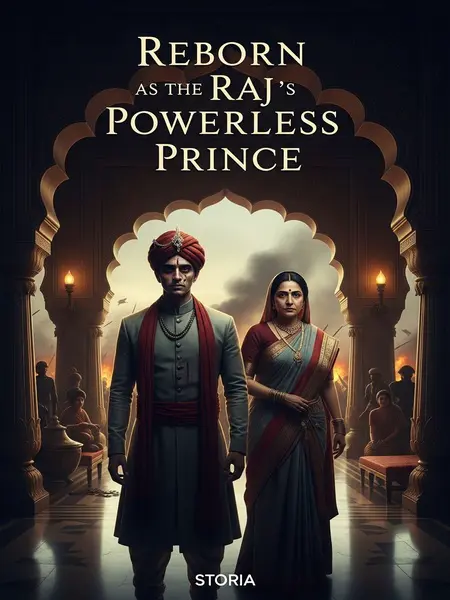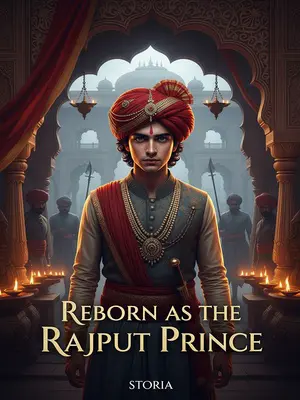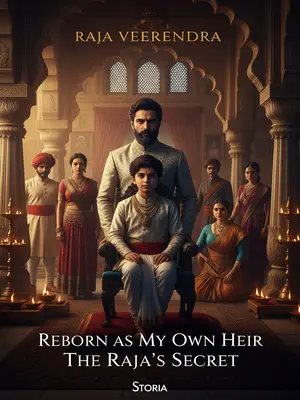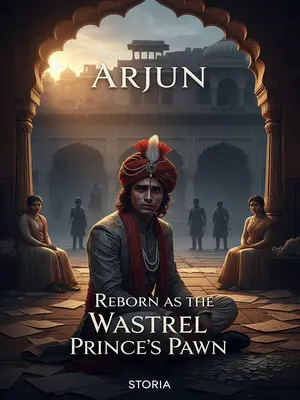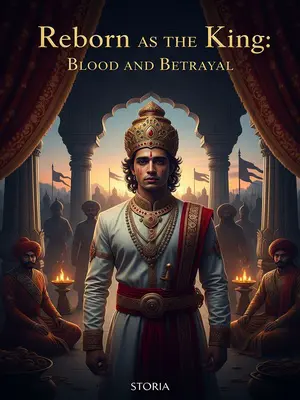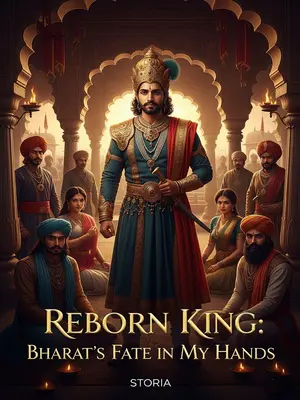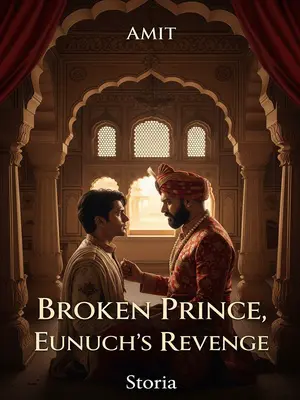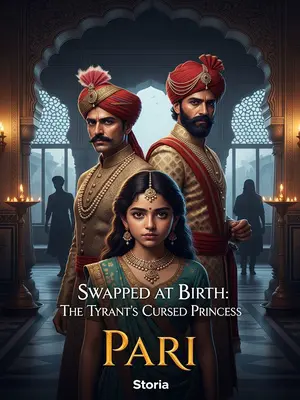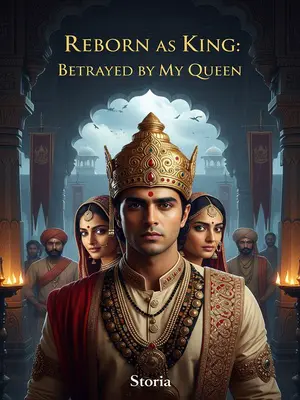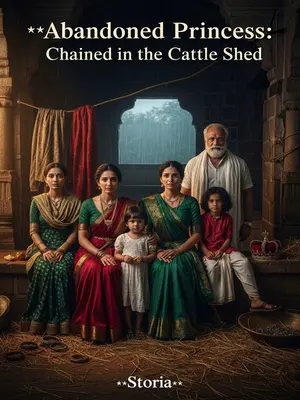Chapter 4: The Breaking Point
Ashoka cursed inwardly while excitedly going to see Indira Devi, thinking it was fine—if no one could train the troops before, now that he was here, he could do it.
He rehearsed his pitch, voice low but determined. "Rani-saheb, give me just fifty men. I will show you what a real army looks like." He waited for her answer, hands trembling with anticipation.
Unfortunately, Ashoka still underestimated Indira Devi’s bottom line.
He realized too late that she played a deeper game—her silence more dangerous than any open threat. Even as he plotted, she watched, waiting for the moment to strike.
That day, Indira Devi looked down from above at Ashoka standing respectfully on the ground.
She sat atop her carved sandalwood throne, a single peacock feather in her hair, her eyes sharp as the edge of a katar. The court fell silent as she gestured for Ashoka to speak.
She specially called in many local ministers knowledgeable in military affairs, asking about everything from Western military systems to ancient tactics, from logistics to new army equipment.
The room was packed—men in spotless white dhotis, old generals with faded medals, young officers itching to prove themselves. Maps and ledgers were spread out on the marble floor. The debate grew heated, voices rising and falling like a monsoon storm, silk sarees rustling as ministers shifted uneasily.
Ashoka answered fluently.
He spoke with the clarity of a born commander, blending Sanskrit shlokas with modern strategy. Even the most skeptical pundit nodded grudgingly as Ashoka outlined his plans, his voice unwavering, his eyes never leaving the Rani’s face.
Fluent isn’t even accurate; for months, Ashoka had pored over military books day and night, and many of his proposed tactics and ideas even made the ministers beside the Rani applaud.
His words carried the weight of history and hope. One minister, an old friend of his father, whispered, "Yeh toh sach mein hamara Ashoka hi hai." For a moment, the room brimmed with possibility.
These ministers said, His Majesty is heaven-sent, sent to Bharat to resist the great powers.
A ripple of awe passed through the chamber. Some reached for their rudraksha beads, others whispered prayers of gratitude. The sense of destiny was thick in the air—tangible, electric.
Indira Devi’s face was expressionless, so the excited ministers gradually lost their excitement, and Ashoka, standing there, felt a chill in his heart—this atmosphere was all too familiar.
The room’s energy drained away, leaving only the cold light of the chandeliers. Ashoka recognized the look in her eyes: the calculation, the wariness, the refusal to commit. He realized, with a pang, that the game was far from over.
Dear Pitaji is truly dear Pitaji—even more cunning than my own father.
He almost laughed—bitter, helpless. For all his planning, he was still dancing to her tune. He remembered his own father’s lessons: "Beta, power is not just strength, it is patience." But patience felt like a slow death.
At least my father only showed this wary look after I had won many battles, but you don’t even go through the motions—you’re already wary before I even start training troops?
He gritted his teeth, silently promising that next time, he would not be so easily dismissed. The real battle, he realized, was not on the field, but in the silent, suffocating corridors of power.
That day, Indira Devi only said she was tired, gave no opinions, but Ashoka could feel that there were more spies around him, and the matter of training troops became ever more distant.
Her dismissal was polite but final. Later, he found strange faces among the palace staff—quiet men who lingered too long in the shadows, whose eyes followed him everywhere. The message was clear: he was being watched.
A crisis unseen in thousands of years was at hand, and Ashoka, inside the Red Fort, suddenly felt that the world had not changed for thousands of years.
He walked the ancient halls at night, running his fingers along carvings worn smooth by time. The stories carved into the stone seemed to whisper: "Sab kuch waisa hi hai, beta."
Still, it was one dynasty’s heart competing for the hearts of all people, one person’s heart contending for the heart of a dynasty.
He saw the cycle repeating—ambition clashing with tradition, hope strangled by fear. The same games, the same betrayals. Only the names had changed.
The British Raj cared nothing for the survival of Bharat, Indira Devi cared nothing for the survival of the Raj, local people holding military power would shake the Raj, he himself holding military power would shake the Rani’s authority—it was all the same principle.
He smirked ruefully. "Kya farak padta hai? Sab apne-apne faayde dekhte hain." The machinery of power rolled on, indifferent to those crushed beneath it.
Ashoka smiled wryly. Fine—the unchanging pattern of thousands of years. Someone has to break it.
He squared his jaw, resolve hardening like a steel blade. "Agar koi nahi karega, toh main karunga. Yeh mera farz hai."
Tomorrow’s hero has not yet appeared. Today, I happen to be here—so who but me?
He took comfort in the old proverb: "Kal kisne dekha hai? Aaj toh main hoon." The time for waiting had passed. If he did not act now, who would?
In those five years, Ashoka cautiously sought opportunities again and again, met many people—some of whom died at the hands of Indira Devi, but still some escaped and made a name for themselves.
The city was full of secret meetings, whispered codes, and hurried handshakes in shadowy alleys. Sometimes, a friend vanished overnight; sometimes, a letter arrived bearing news of success far away. The struggle continued, unseen but unstoppable.
Five years passed in the blink of an eye.
Five years of festivals and funerals, laughter and mourning, hopes dashed and kindled anew. The city, and Ashoka, were changed forever.
